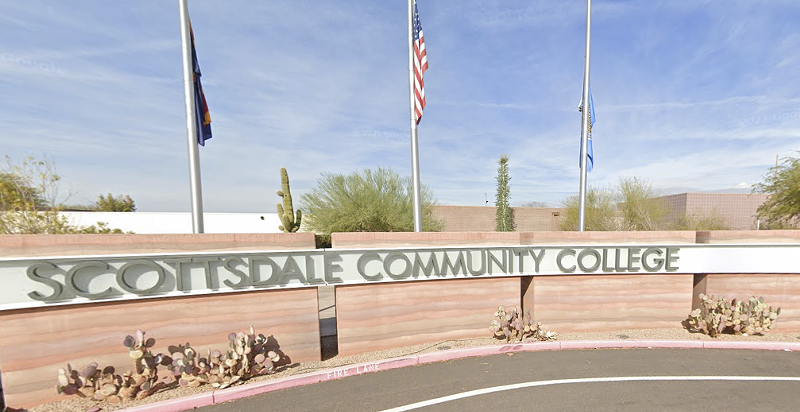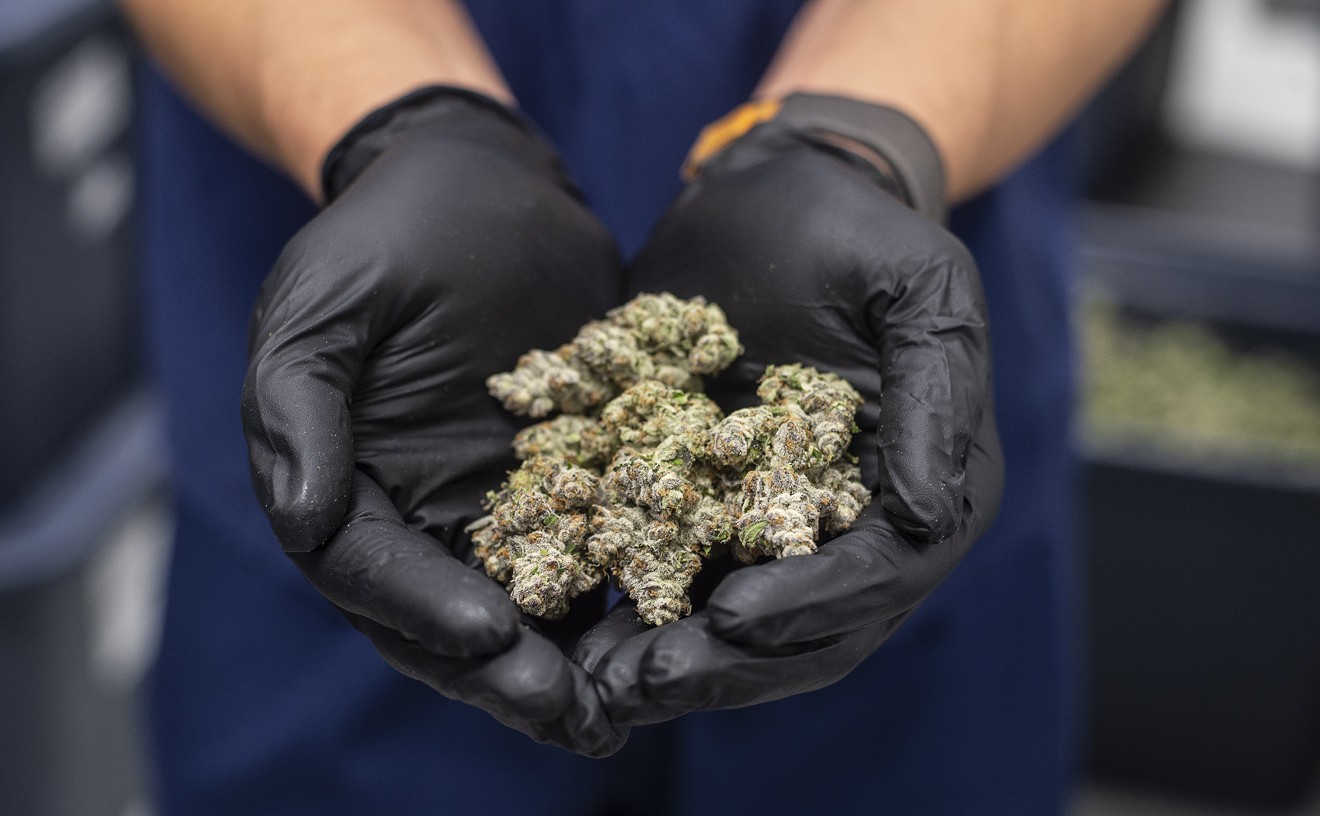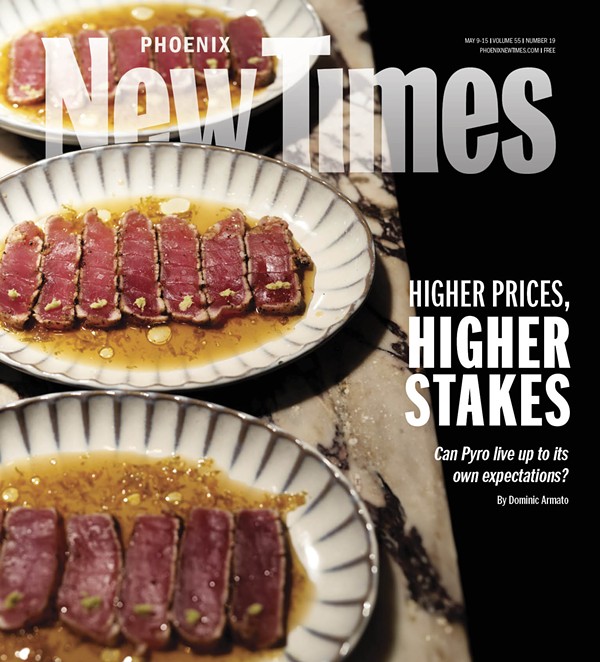Editors Note: This story has been updated to include information about other marijuana industry training programs.
You won’t have to skip class to learn about the weed business.
Scottsdale Community College is offering an 8-week online, non-credit “Introduction to the Cannabis Industry” course this spring, in the first program of its kind in Arizona.
In this course, students will learn about everything from supply chain management, or “seed to sale,” public relations, laws, and regulation as well as business planning, according to Dr. Bobra Crockett, lead faculty for the Cannabis Education Program.
Students do not need to be from Arizona, nor do they need a high school diploma or GED to enroll in the non-credit program, which began in January 2021 after adult-use marijuana was legalized.
It’s a training program for budding entrepreneurs – pun intended – “like a real estate education course would do for realtors,” Demitri Downing said. Downing is the founder and CEO of the Arizona Marijuana Industry Trade Association, or MITA-AZ, which partnered with Scottsdale Community College to develop the curriculum. Students learn skills for such roles as cultivation, ownership, sales, and accounting.
“The emphasis is on being responsive to, ‘What does the workforce need?” Crockett said. “We don't want to tell students, ‘Here's what you need to know.’ We want it to be, ‘Here's what the industry needs you to know.’”
As of early 2021, an estimated 321,000 people were working in the marijuana industry nationwide, according to a Leafly Cannabis Jobs report. And with states like Arizona legalizing adult use, that number is expected to grow.
“With the passage of Prop 207, it became apparent that there was going to be more activity in Arizona with the adult-use coming on board,” Downing said.“With 10,000 employees and another 10,000 employees being projected in this industry over the next few years.”
The component of the law – social equity – aimed at addressing communities disproportionately affected by enforcement of old marijuana laws is at the heart of the course’s efforts.
“We took that very seriously to make sure that we provided an education that's affordable and as well as providing the education that's needed,” Crockett said.
To meet the need for training, Scottsdale Community College is among an increasing number of higher education institutions, including in Arizona, offering these kinds of programs.
But unlike some organizations that may loosely call themselves universities, Scottsdale Community College is an accredited institution.
“Apparently anybody can call themselves such-and-such a university when they're really not,” Crockett said.
In fact, Scottsdale Community College is the first public school in the state to do so, with the University of Arizona following in close pursuit.
Arizona is “long overdue for formal education and training opportunities,” Michael O’Brien, CEO of Sonoran Roots, said in a statement. Local dispensary Sonoran Roots partnered with the community college to offer 10 Arizona residents $400 scholarships to cover the full cost of the spring course.
A full-blown, for-credit certificate program, and with it financial aid, is on the horizon.
Classes to teach marijuana 'budtending' and industry-led course certificate programs have been taught in Arizona for years.
“The topic happens to be cannabis,” Crockett said. “But it's still business curriculum.”
Class begins on Tuesday, January 18.
To learn more and apply to the program, visit the Cannabis Education page.
[
{
"name": "Air - MediumRectangle - Inline Content - Mobile Display Size",
"component": "18478561",
"insertPoint": "2",
"requiredCountToDisplay": "2"
},{
"name": "Editor Picks",
"component": "16759093",
"insertPoint": "4",
"requiredCountToDisplay": "1"
},{
"name": "Inline Links",
"component": "17980324",
"insertPoint": "8th",
"startingPoint": 8,
"requiredCountToDisplay": "7",
"maxInsertions": 25
},{
"name": "Air - MediumRectangle - Combo - Inline Content",
"component": "16759092",
"insertPoint": "8th",
"startingPoint": 8,
"requiredCountToDisplay": "7",
"maxInsertions": 25
},{
"name": "Inline Links",
"component": "17980324",
"insertPoint": "8th",
"startingPoint": 12,
"requiredCountToDisplay": "11",
"maxInsertions": 24
},{
"name": "Air - Leaderboard Tower - Combo - Inline Content",
"component": "16759094",
"insertPoint": "8th",
"startingPoint": 12,
"requiredCountToDisplay": "11",
"maxInsertions": 24
}
]











